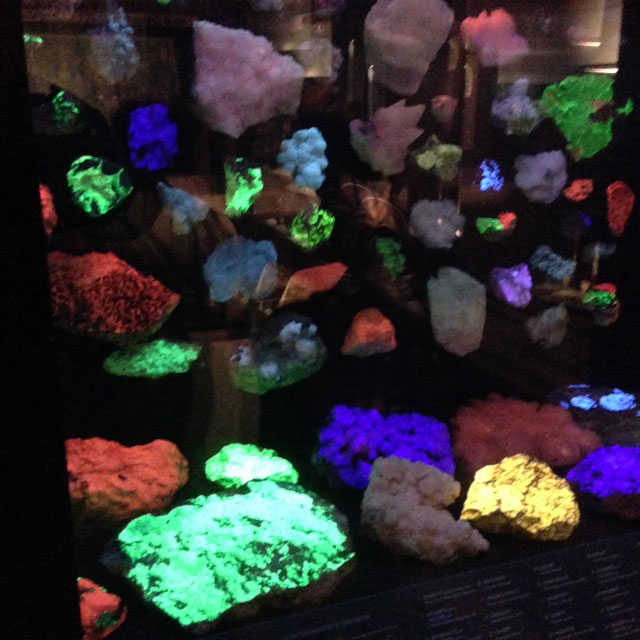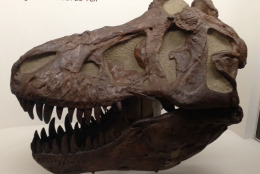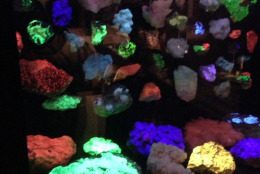





WASHINGTON – Photographic memory? Actually the opposite.
A new study shows people have a worse memory of objects they snapped photographs of, compared with people who just looked at those objects.
With so many people taking cellphone photos to share on social media, psychological scientist Linda Henkel of Fairfield University isn’t suprised that participants had a tough time recalling exhibits in an art museum.
“People do this all the time,” says Henkel. “We pull out our cameras the minute we see something, ‘Let’s take a picture, let’s take a picture.'”
In her study, participants were led on a tour of the Bellarmine Museum of Art in Fairfield, Conn., and asked to take note of specified objects.
Some participants were asked to take photos of the objects, others merely observed them.
The next day they were asked to provide details, “like what color was the bowl that the Tang dynasty warrior was holding,” says Henkel.
Her data showed people who snapped pictures had worse memories of what they’d seen on the tour.
“They forgot more of the objects they had taken photos of, and they didn’t remember as many visual details about the objects they had taken photos of,” says Henkel.
Henkel calls this the “photo-taking impairment effect.”
She says the phenomenon is repeated in other circumstances in which people attempt to memorialize a moment by freezing it with technology.
“Because we count on the camera to remember for us, we don’t process the experience in quite the same way, and then we don’t remember it as well because we took a photo of it,” explains Henkel.
The ease and low cost of taking digital pictures has likely contributed to the effect, says Henkel.
“Back in the day when you had to take a shot of something and then have the film developed, you didn’t take 10 pictures of the same thing, right?” says Henkel.
Henkel says people typically snap hundreds of photos and rarely organize them for future reference.
“I honestly believe this effect could go away if people would look at their photos a couple days later, a week later, and actually reminisce about the experience,” she says.
Follow @WTOP and @WTOPtech on Twitter.







